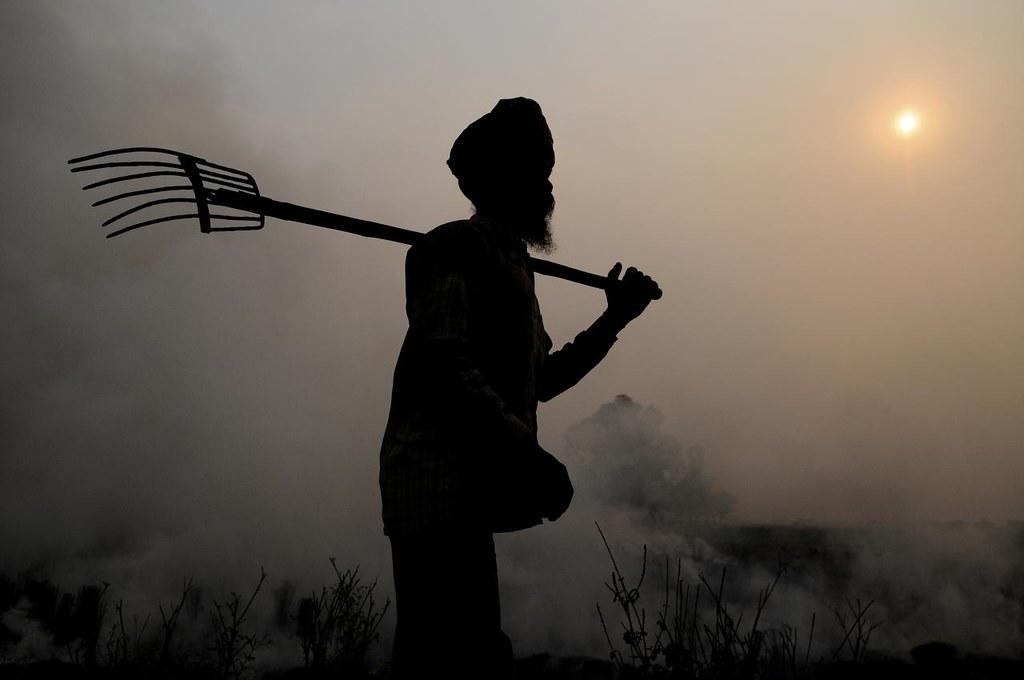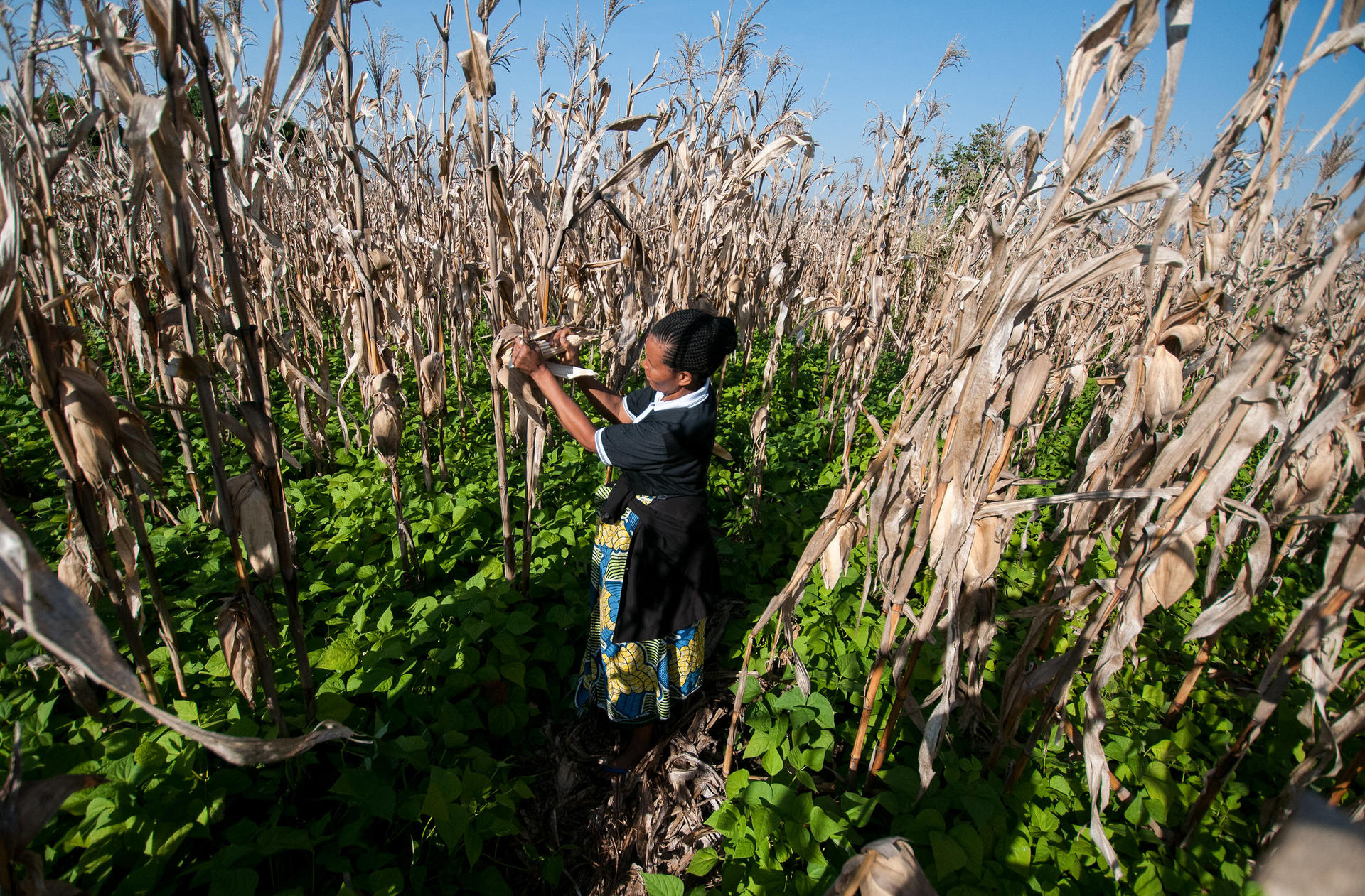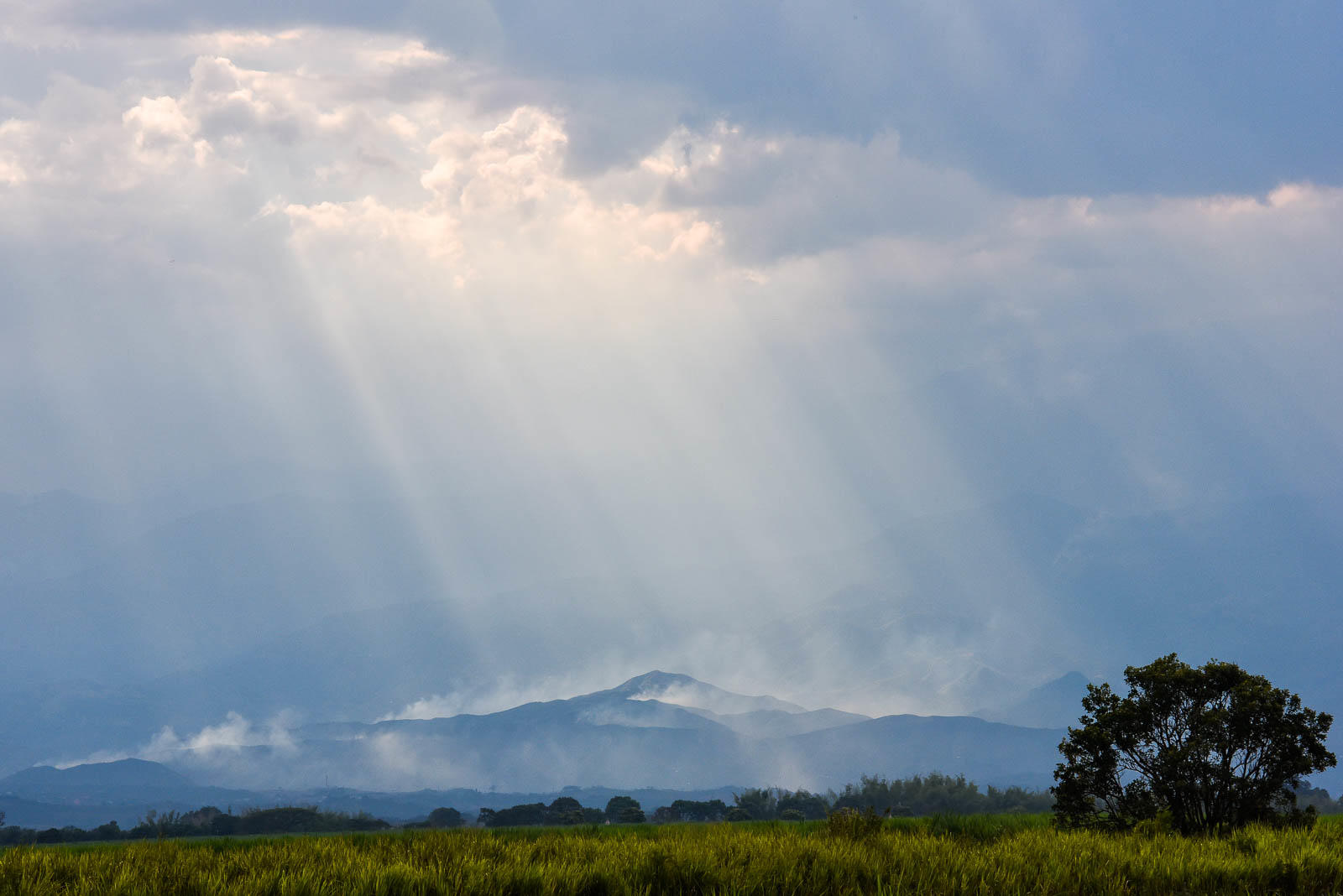2020 Annual Report Action is needed now for a sustainable, inclusive and climate-resilient future

A paradigm shift in the way we do research for development is needed to help us meet our global goals on curbing the climate crisis, saving biodiversity, and ending hunger.
While working as an economist for the Colombian government in the 2010s, I led the Economics of Climate Change Study for Colombia, the formulation of the Colombian Climate Change Policy, and coordinated the technical support for the Colombian Low-Carbon Growth Strategy. This work helped guide the nation’s greenhouse gas emissions reduction commitments under the historic 2015 Paris Agreement.
But I knew that on-the-ground research – and its implementation – would be key for Colombia and many other nations for meeting their goals.
I joined CGIAR in 2013, as part of the CGIAR Research Program on Climate Change, Agriculture and Food Security (CCAFS), where the climate research covered everything from how precipitation changes will impact staples across the globe to studies done with farming communities to help them adapt to climate changes.
The results have been impressive, and, I expect, lasting.
A network of climate-smart villages now spans the Global South, many of which have local advisory committees that share agro-climatic information with more than 330,000 farmers.
CCAFS, which is led by the Alliance of Bioversity and CIAT, produced dozens of climate-smart studies for countries and regions, related to agriculture and climate change, risk mitigation and investment. These have guided millions of dollars in investment, improved the lives of at least 10 million smallholder farmers (we’re currently gathering evidence on positive impacts for 25 million more), and contributed to South-South farmer knowledge transfer across continents.
Yet much remains to be done. And nothing less than a paradigm shift in the way we do research for development is needed to contribute to meet our global goals on curbing the climate crisis, saving biodiversity, and ending hunger.

Kibera slums in Nairobi
Well on our way
In looking at what the Alliance’s Climate Action team accomplished in 2020, with colleagues across the globe, it is evident that this paradigm shift is already beginning.
New technologies – drones to detect plant disease, on-demand climate forecasts for farmers, and many others – will undoubtedly lead to positive change, as we discussed in an article in Nature. But we need to anticipate negative trade-offs of technological advancements, notably inequality, as we reported in The Lancet.
Climate Action and CCAFS reported 16 impact reports to the CGIAR last year, several of which met targets for next-user adoption. Here’s a sample:
- We assisted eight countries in Africa, the Americas and Asia – including six of the 20 largest livestock greenhouse gas emitters – to better measure, report and verify emissions meet Paris Agreement commitments for reductions.
- Our research in East Africa identified USD $130-$150 million in new climate-smart agriculture investments in Kenya and Ethiopia, in collaboration with the private sector.
- In keeping with our commitment to open-access data, we published a 7-terabyte dataset, the largest of its kind, that can be used to project climate-change scenarios at resolutions as small as one square kilometer.

A new way forward
One thing not necessarily captured in last year’s highlights is how our approach to doing research has transformed in the last decade. Initially, we built big-picture models and did successful small-scale trials without always asking, how will this work have a positive impact at scale? Today, it’s unthinkable not to envision “impact pathways” – the route through which our research makes a real difference.
We’ve also understood that we need to learn from mistakes. CCAFS’s Dhanush Dinesh and colleagues recently examined the challenges at the science-policy interface and detailed lessons to improve science-policy engagement. These are important insights as we transition to One CGIAR.
In the next decade, we need a broader, more inclusive, multi-disciplinary approach to our research, as CCAFS outlined in its 2020 report, Actions to Transform Food Systems Under Climate Change. This report is now being used by the United Kingdom, the Green Climate Fund, the World Food Programme and World Business Council for Sustainable Development to guide their work on food system transformation.
Given the heightened awareness of food’s role in the climate crisis, “transformation” is now something everyone talks about. But transformation action is needed now to keep the earth from heating more than 1.5C. We still have a small window of opportunity. We cannot afford to miss it.
Research Highlight
Game-changing technologies can transform our food systems
A pipeline of new technologies could transform our food systems, ecosystems and human health, but attention to the enabling environment is needed to realize their potential.
More Research Highlights
New food system tech, new problems?
New technology is needed for our failing food systems. But anticipating trade-offs is crucial to making sure fixes do not create unmanageable new problems, co-authors from the Alliance, and colleagues write in The Lancet.
Read our press release here.
Improved rice adopted, increases yields
In Colombia, we found that 40% of rice farmers cultivating more than 270,000 hectares, adopted in the last decade improved rice varieties developed by the Alliance and partners. Yields increased an average of 0.6 tons per hectare.
Climate Adaptation Assessments for 14 countries
With Germany’s GIZ, we assessed the value-chain adaptation potential for multiple food production systems across 14 countries. As part of the GIZ’s Green Innovation Centres for the Agriculture and Food Sectors, these assessments provide farmers, policymakers and investors with tools to help smallholders produce enough healthy food for family consumption.
Climate-smart agriculture investment plans (CSAIPs)
With the support of the World Bank, IFAD, the European Union and others, we created CSAIPs for Ghana and Burkina Faso. As part of our rapidly growing portfolio of CSA work, these provide roadmaps to address poverty and hunger in nations dependent upon smallholder producers.
Central America & Caribbean climate-smart policies adopted
Since the 2017 launch of the CSA regional strategy for Central America and the Caribbean, 74 policy, institutional and financial changes were documented. While more changes are needed, this fast adoption of climate-smart agriculture action shows that change can be adopted with the urgency demanded by the climate crisis.
Read the report here.
Multimedia highlights
This half-hour documentary (in Spanish) by Deutche Welle, a German broadcaster, features Climate Action’s Ana María Loboguerrero.
